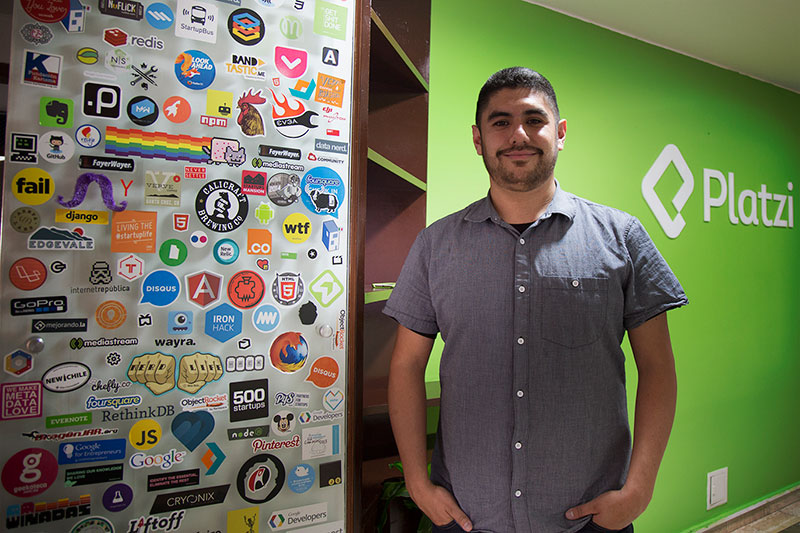Originally from New Delhi and Kathmandu, Ishan Sinha grew up on the move. Because of his Father’s job, he lived in six countries on three different continents until finally settling in Connecticut. Today, as Vice President of Point72 Ventures, he still normally spends lots of time on planes, but that’s been on hold in light of COVID-19. Under normal circumstances, he travels several times throughout the year to explore markets in the Middle East, Northern Africa, Southeast Asia, and Latin America.
Point72 Ventures is the independent, early-stage investment arm of Steven Cohen’s $16B hedge fund Point72 Asset Management. The fund –always seeking to be at the forefront of new technology– naturally contacted a lot of startups, which eventually turned into investable businesses. Their first investment in Latin America was in Pierpaolo Barbieri’s fintech Ualá. Ishan, with his international background, jumped at the opportunity to work on the fund’s new global endeavors.
In this episode, I sit down with Ishan to talk about his nomadic upbringing, Point72’s core thesis and decision to explore outside of the US, and his insights on the differences between traditional investing and venture capital. We also discuss how Latin America compares to Southeast Asia, and Ishan gives advice on how to approach the Latin American market.
(more…)


